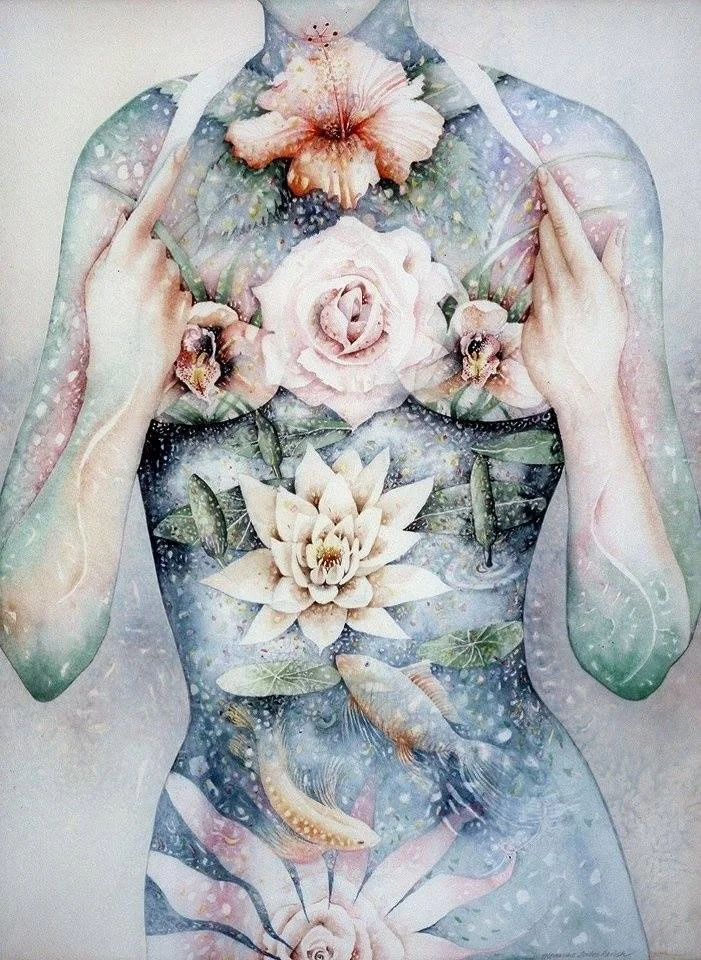If you have ever wondered ‘where do I belong?’, you are not alone. I see it come up in coaching work all the time. Every big transition in life stirs that questions within us. It is our body and our psyches way of recalibrating. Making space for the next version of you to emerge.
The tender questioning of where we belong isn’t a flaw, it is part of being a human. Each transition asks us to find a new version of ourselves. It is a basic survival needs of humans to feel that we belong. We humans are mammals and we are wired for connection.
We spend so much of our lives searching for belonging; in relationships in communities and at work. Sometimes we find it. There are moments when belonging wraps itself around us so softly we barely notice it. Sometimes it slips through our fingers. The truest home we will ever know is the one we carry with us: our body. My body is the house that I live in. The place I return to when everything else feels uncertain, the memory and echo of every place I have ever been and seen, live within it.
Every version of me that once searched for home lives in my body.
There are moments when the world opens to us, when we feel connected to a person, a landscape, a shared purpose. These moments are luminous. We feel the pulse of life running through us, the sense that we’re part of something greater.
It’s easy to think, this is belonging. It is, for a time. But belonging to the world is fluid, it changes, shifts, and evolves as we do.
Then there are the seasons when we don’t fit anywhere. We grow and we change constantly. The old roles don’t suit us, the conversations feel thin, the places that once felt like home start to feel foreign.
That ache of displacement can stir a deep questioning, Who am I now? Where do I belong?
It is here that imposter syndrome often arises, whispering, I’m not enough. I don’t belong here.
But imposter syndrome isn’t proof of inadequacy. It’s a symptom of disconnection from self-belonging, a signal that we’ve drifted from our inner home and started measuring our worth through someone else’s eyes. It is not surprising to me that many people experience this at work, particularly when they are promoted to a new role, because we are constantly judged by external frameworks in organisations. Like show dogs who constantly have to jump through hoops to please. Few people feel like they can be themselves at work. If you do feel that, you are one of the lucky people.
When we come home to ourselves, the landscape changes. We remember that we belong, first and foremost, to ourselves, to the body we inhabit. We reconnect with our own heartbeat, our breath, our quiet sense of deep inner knowing.
Belonging to yourself is not about isolation; it’s about full bodied integrity. It’s the grounded sense that, no matter where you are, you can meet life from a place of wholeness. It is the warmth in your chest when you tell your truth, the grounded spine when you say no, the quiet smile when you know that you don’t need to prove a thing. You no longer need to perform or prove. The voice of imposter syndrome softens because you no longer outsource your worth.
Somatically, this is felt. A softening in the shoulders. A deepening of breath. A quiet, anchored presence that says: I am here. I am enough. I am mine.
In midlife something shifts for most of us. A new north star begins to emerge.
Midlife often unravels the old anchors. The identities that once defined us, parent, partner, professional, caretaker, begin to dissolve or shift. Our compass spins. The ground beneath us feels less certain. It is less about fitting in and more about who you are becoming.
But this loss is not emptiness; it is space. It’s the fertile ground where the new north star begins to form; one that reflects not who we were told to be, but who we truly are.
To find that star, we have to do the healing work: to meet the parts of ourselves were left behind, to grieve what’s ending, to feel the sensations of transformation moving through our body. This is where somatic work becomes essential.
Through the interoceptive lens, through noticing what’s happening inside, we begin to meet our emerging self not as an idea, but as a lived experience. We reconnect with our wholeness, with all the parts of us that are ready to come home.
We belong everywhere and nowhere and ultimately, within. Belonging is not something we earn or find; it’s something we remember.
The work of midlife, and really of a lifetime, is to come home, to feel safe inside your own skin, to live from the quiet strength of belonging to yourself. From that place, connection flows naturally. You can meet life, love, and change with openness, because your roots are within you.
So pause.
Breathe.
Feel the house you live in.
Let your body remind you. You already belong.




















